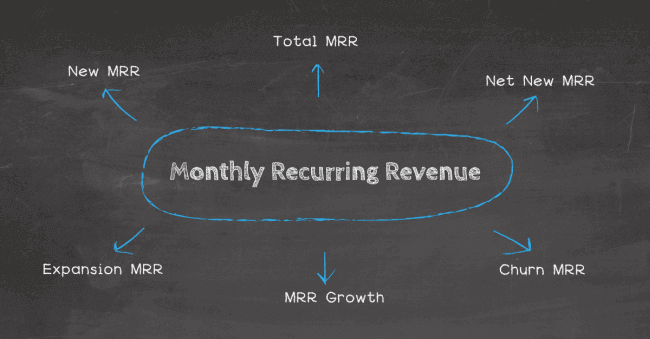Getting Started With Big Data Analytics & Business Intelligence For Small Business

1) What Is Small Business Analytics?
2) How To Use Small Business Analytics?
In the past, business intelligence was a privilege of large companies who could afford to maintain teams of IT specialists and data scientists. But in the last decade, as technology has developed rapidly, the software has become not only more lightweight and powerful but also more accessible. Small businesses can use the same tools as main market players and face their competitors. New self-service tools prove that business intelligence is no rocket science but rather a useful tool to help to turn data into informed decisions. Now every company can harness the power of modern BI software to raise their bottom line since business intelligence for small business has become accessible and affordable. But what exactly makes business intelligence indispensable?
To get started in this journey, it is essential to know that BI can be adapted to any business model or industry. We have seen in our other blog posts, on how to build a successful business intelligence strategy, or harnessing the power of financial reporting and analysis, how to leverage the power of a modern business dashboard and make the most out of your small business data analytics. A need for a large department gathering and analyzing all the data gathered, circling those data in different departments, and showing it to many stakeholders it’s a model of the past. In this digital age, accessing your data in almost real-time is of crucial importance if you want to stay on top of the market. That being said, a majority of reports and analysis needed to make quick, informed, detailed and robust decisions, can be accessed within few clicks, shared with a simple link, and analyzed via simple charts that can make business decision-making process and action time much faster.
…



